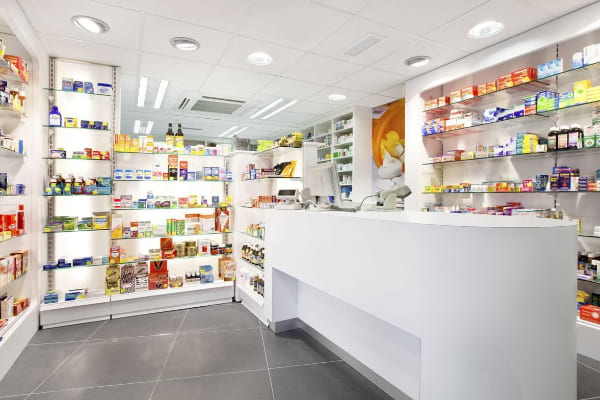
The evaluation of pharmaceutical service quality is a critical aspect of healthcare that ensures patients receive optimal care and medication management. As the healthcare landscape evolves, the emphasis on quality service delivery in pharmacies becomes even more significant. This evaluation process is essential for identifying areas of improvement and ensuring compliance with regulatory standards. It encompasses a multifaceted approach that includes assessing the technical, functional, and relational dimensions of service quality.
One of the pivotal aspects of evaluating pharmaceutical service quality is the assessment of technical competence. This involves analyzing the accuracy of prescriptions, the precision of drug dispensing, and the pharmacists’ knowledge and expertise. Technical competence is a cornerstone of pharmaceutical services, as it directly impacts patient safety and treatment efficacy. Furthermore, the implementation of advanced technologies and adherence to best practices are vital for maintaining high technical standards.
In addition to technical competence, functional quality plays a significant role in the evaluation process. Functional quality pertains to the processes involved in delivering pharmaceutical services, such as waiting times, ease of access, and availability of medications. Patients often prioritize functional quality when evaluating their pharmacy experiences, as these factors directly affect their satisfaction and overall experience. Pharmacies must strive to optimize these aspects to enhance service delivery and meet patient expectations.
The relational dimension of service quality is another critical area of evaluation. This dimension focuses on the interpersonal interactions between pharmacists and patients, emphasizing communication skills, empathy, and personalized care. Building strong patient-pharmacist relationships is crucial for fostering trust and ensuring adherence to treatment plans. Pharmacists who engage with patients on a personal level can better understand their needs, leading to improved patient outcomes and satisfaction.
Various frameworks and models are employed to evaluate pharmaceutical service quality. These models often include surveys, interviews, and observation methods to gather data from patients and healthcare providers. One such resource for understanding and evaluating pharmaceutical services is pafikabkutaikartanegara.org, which provides valuable insights and tools for assessing service quality.
Ultimately, the evaluation of pharmaceutical service quality is an ongoing process that requires continuous improvement and adaptation to changing healthcare dynamics. By focusing on technical competence, functional quality, and relational dimensions, pharmacies can ensure they provide the highest level of care to their patients. Emphasizing these areas not only enhances patient satisfaction but also contributes to the overall effectiveness of healthcare delivery systems. As the field of pharmacy continues to evolve, maintaining a commitment to quality service evaluation will be essential for advancing patient care and optimizing health outcomes. Visit https://pafikabkutaikartanegara.org for more information.